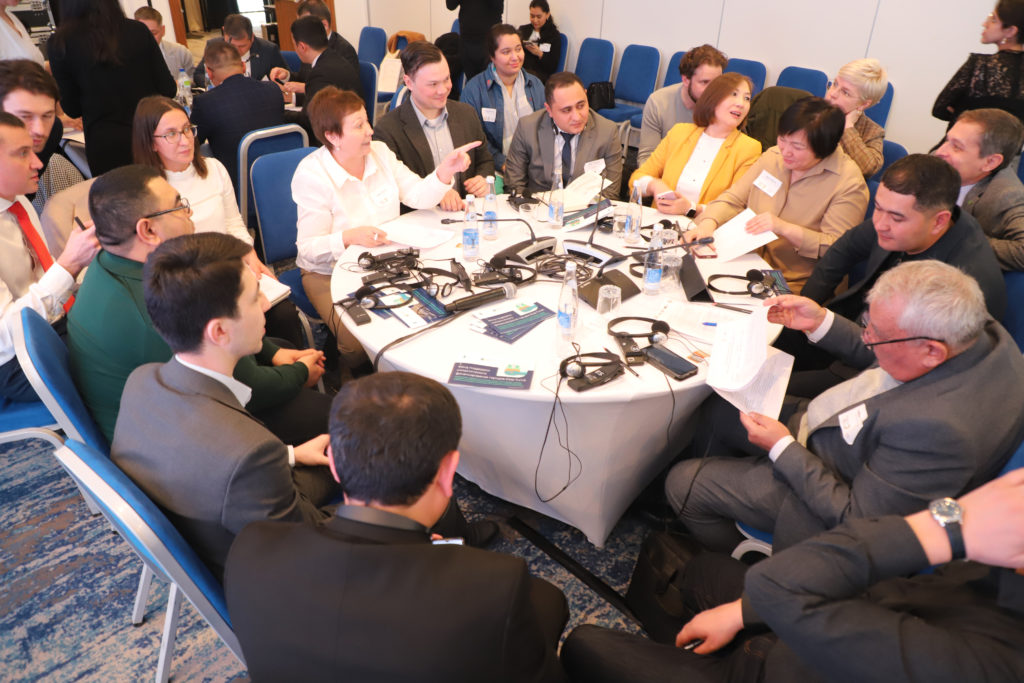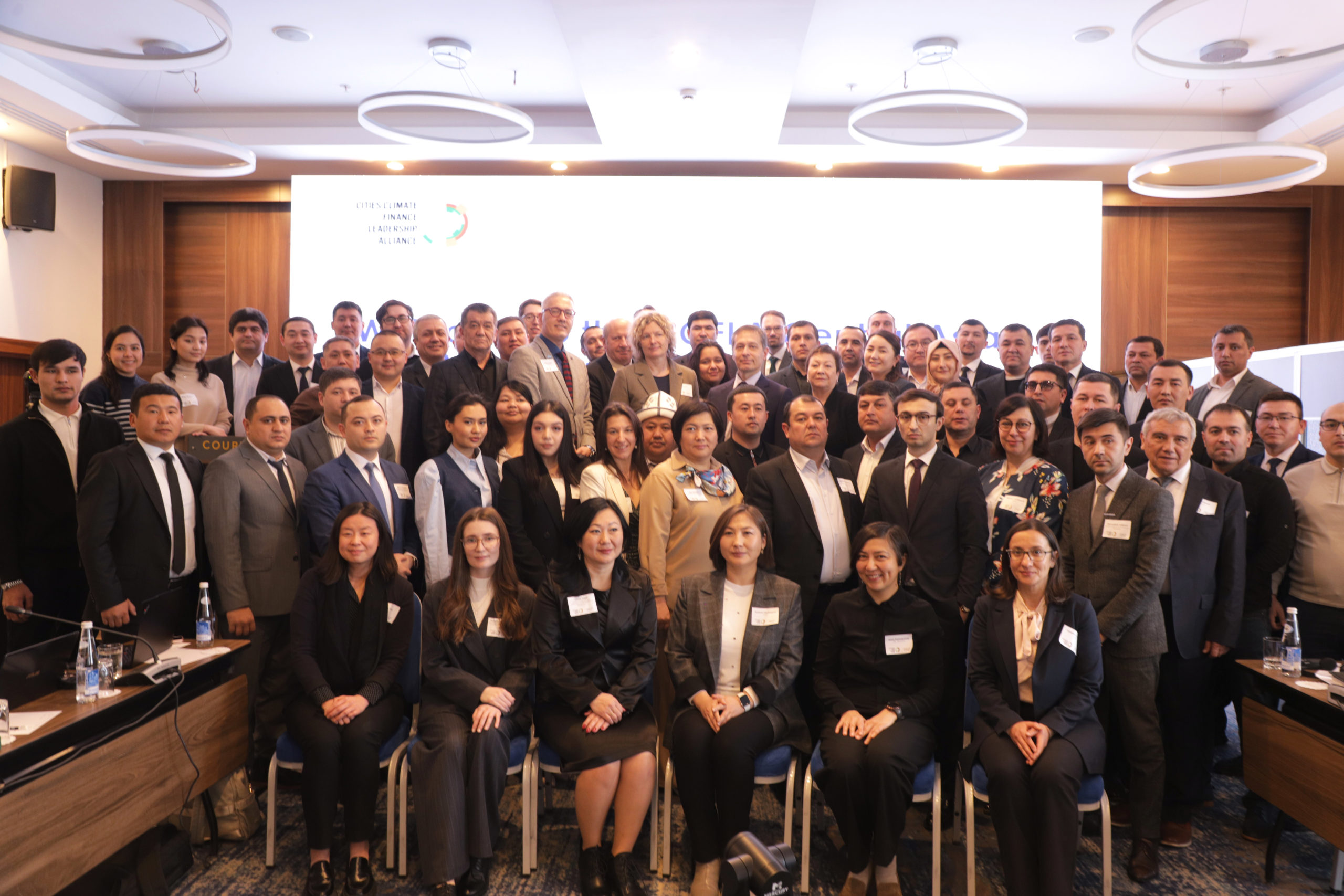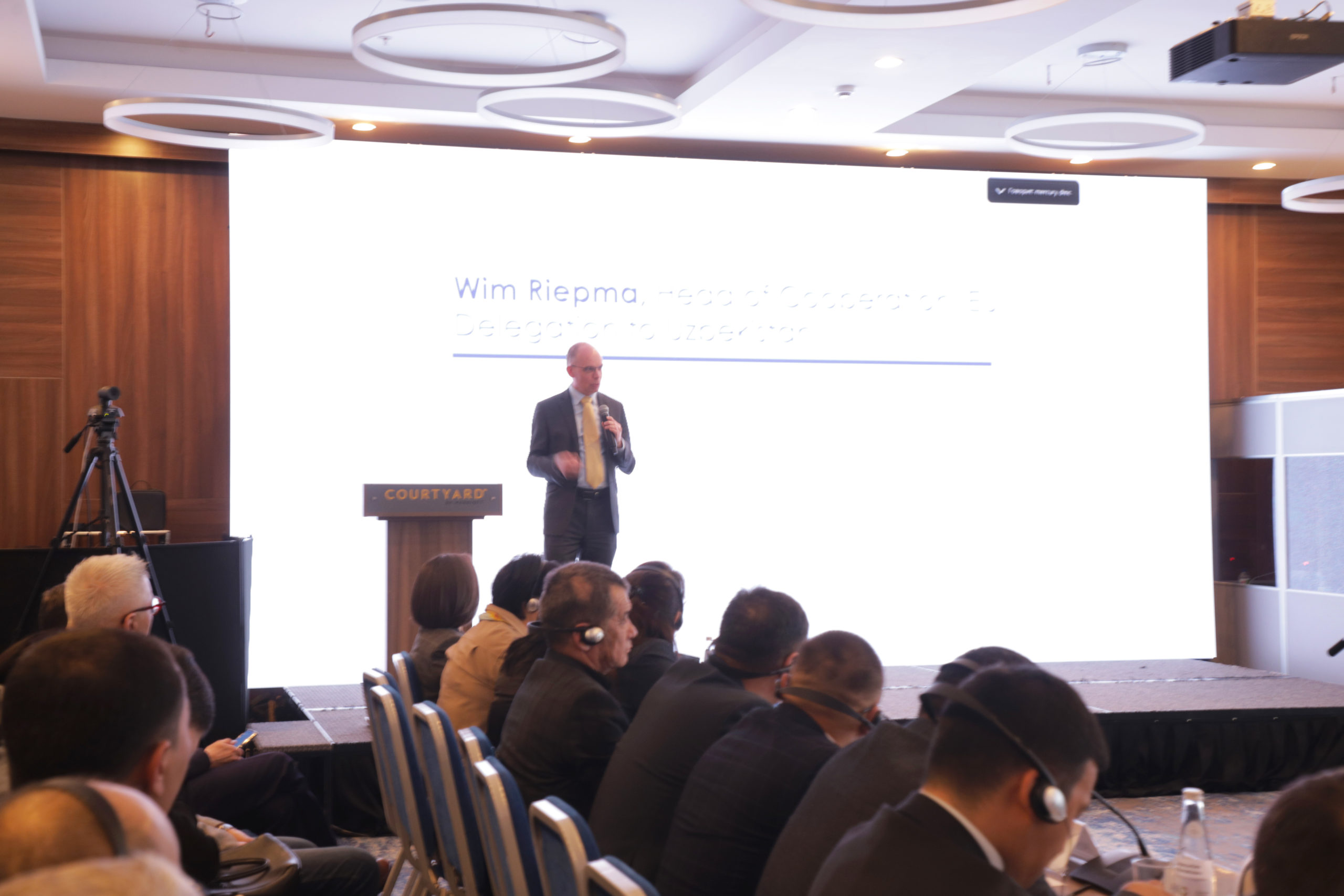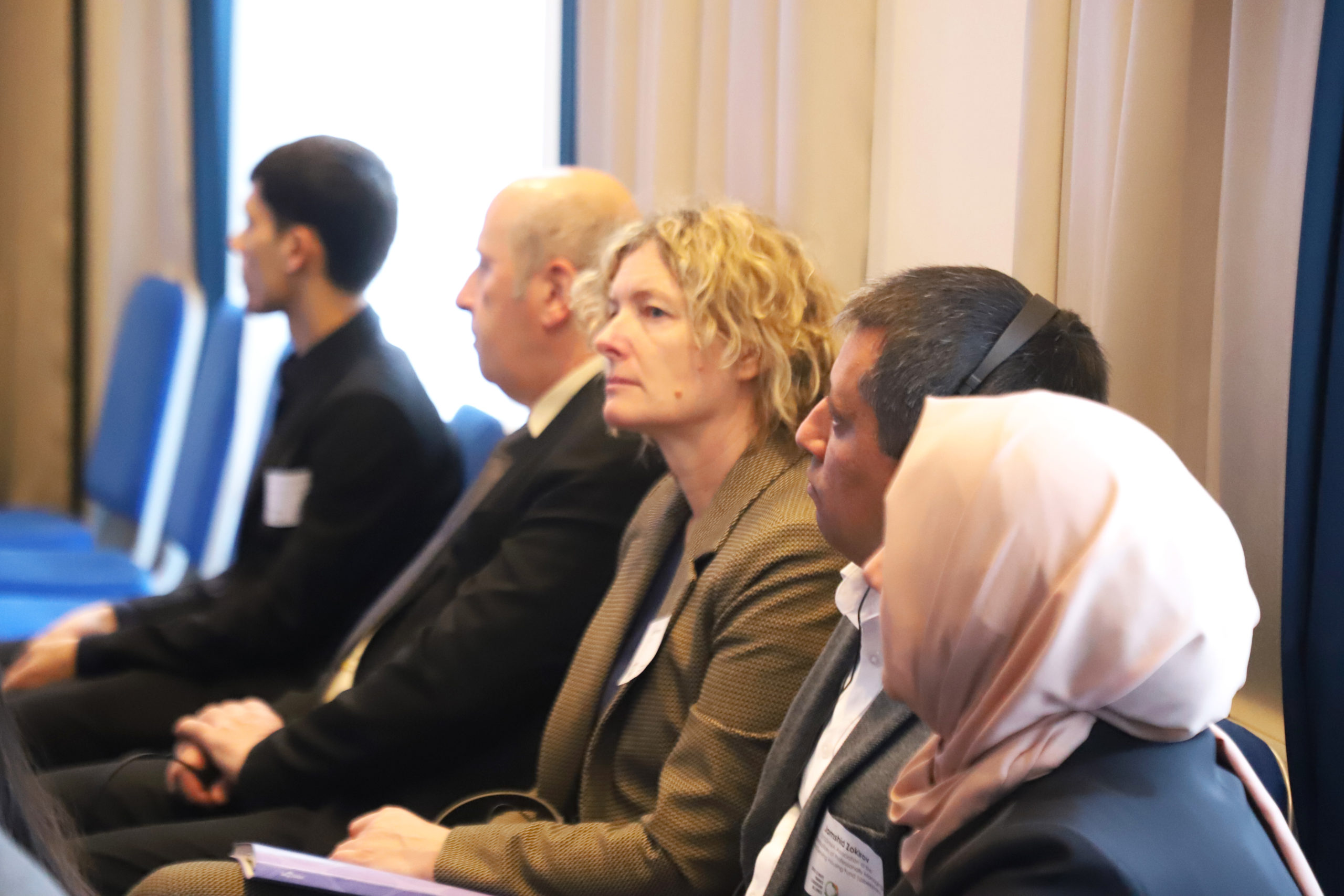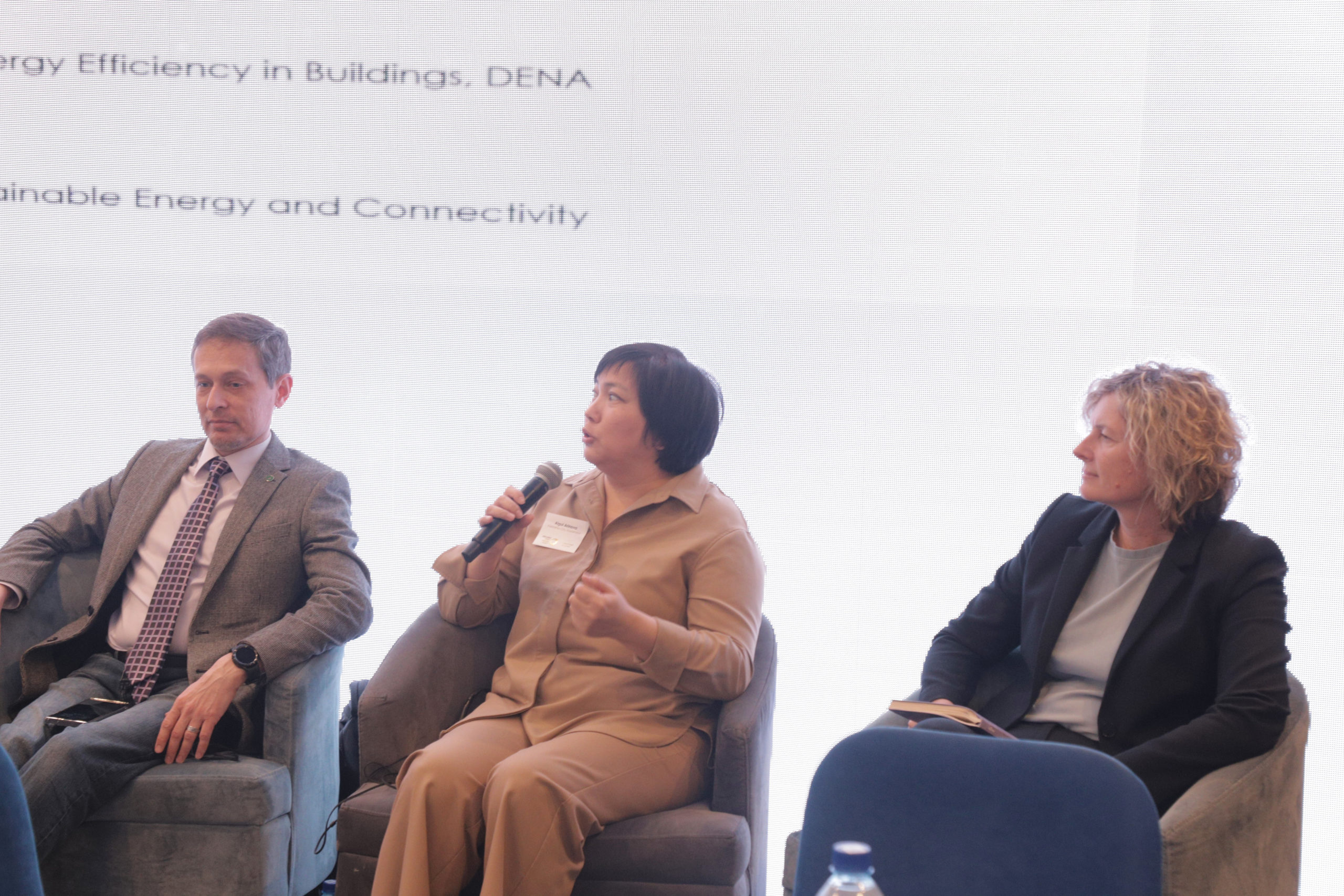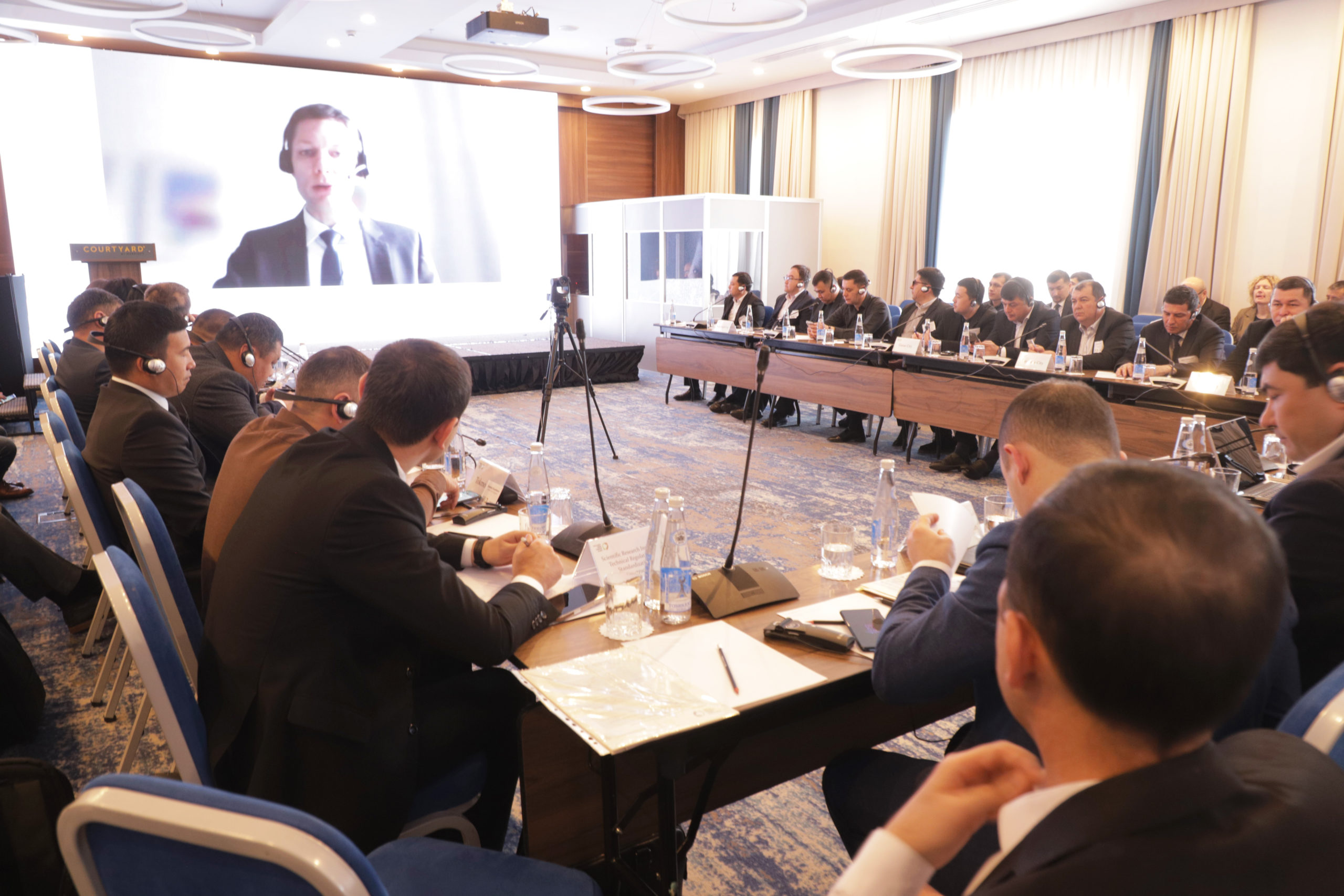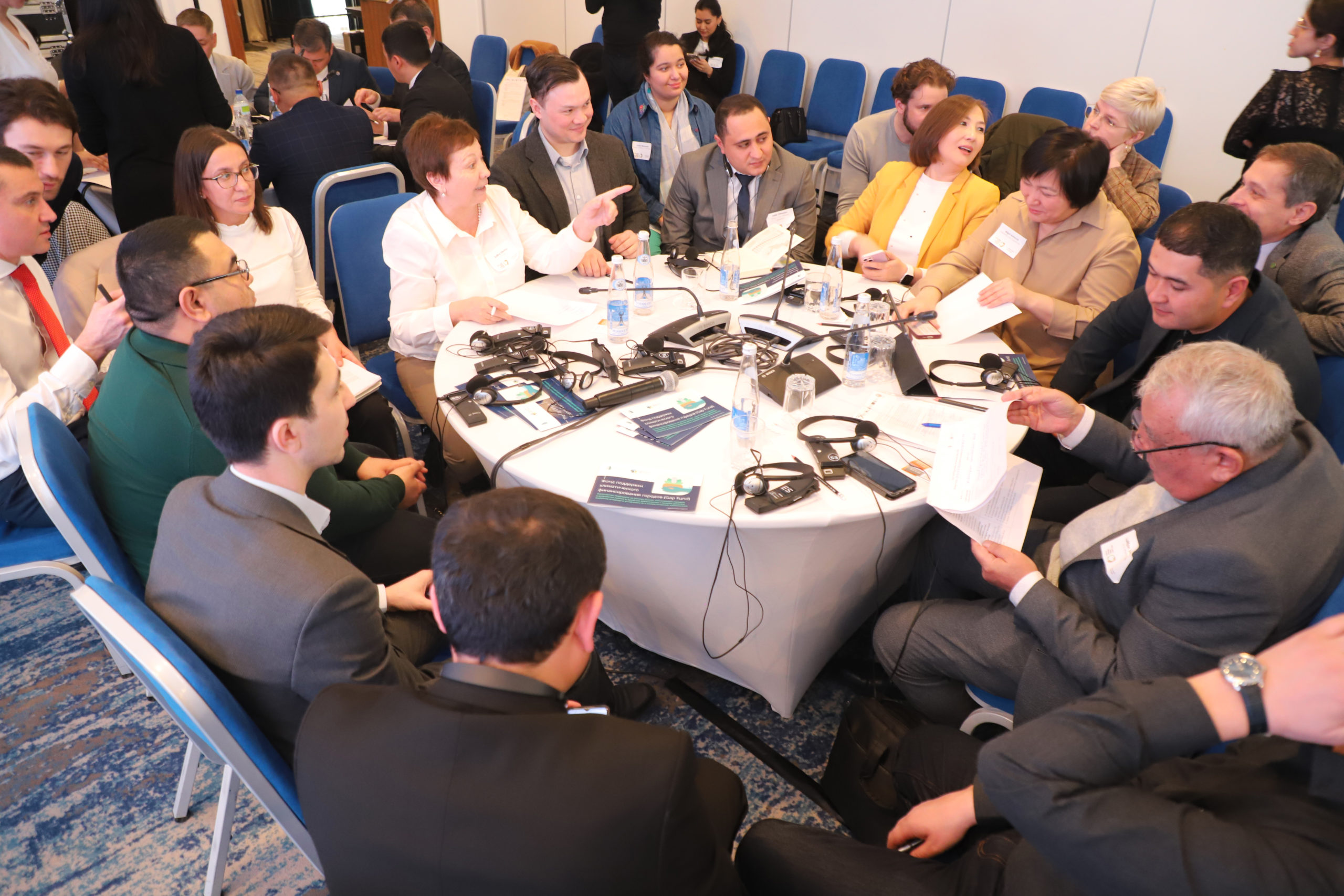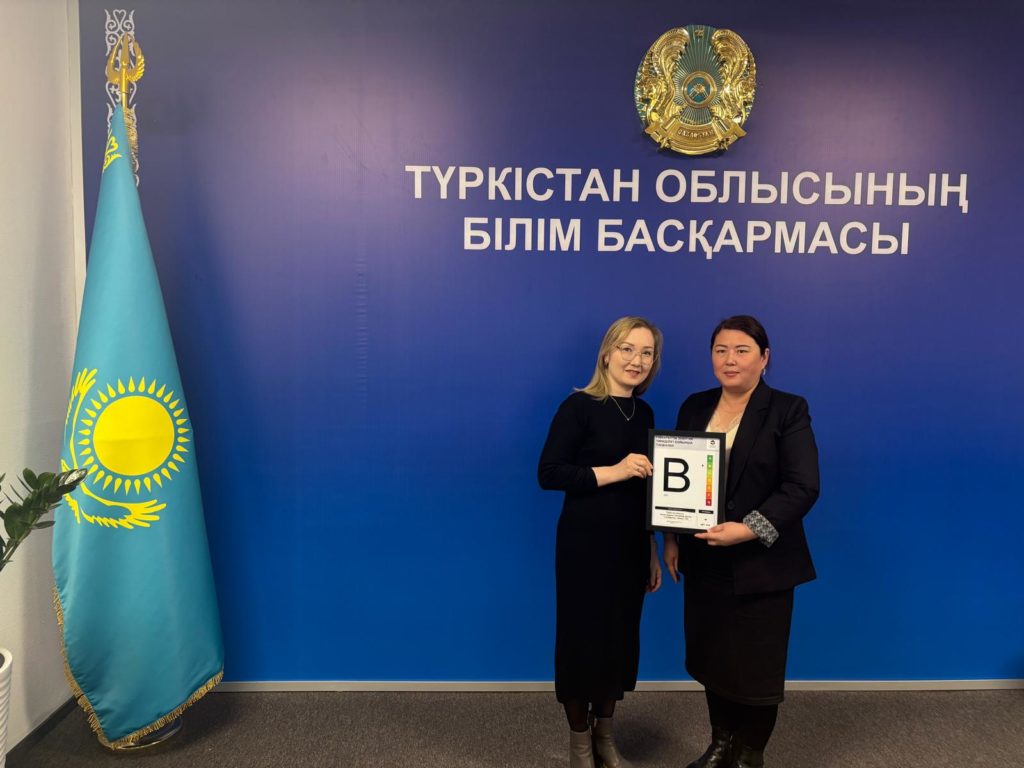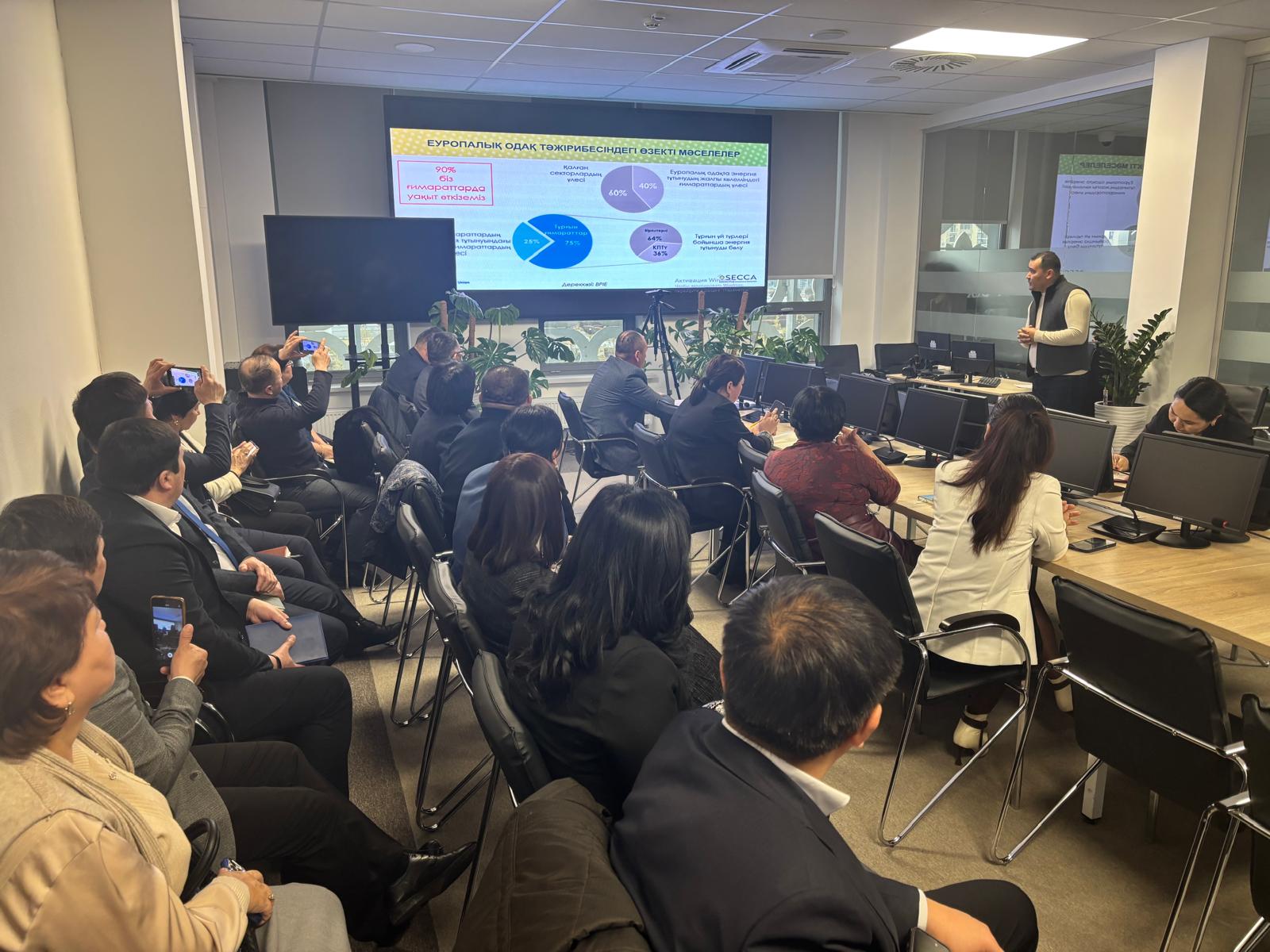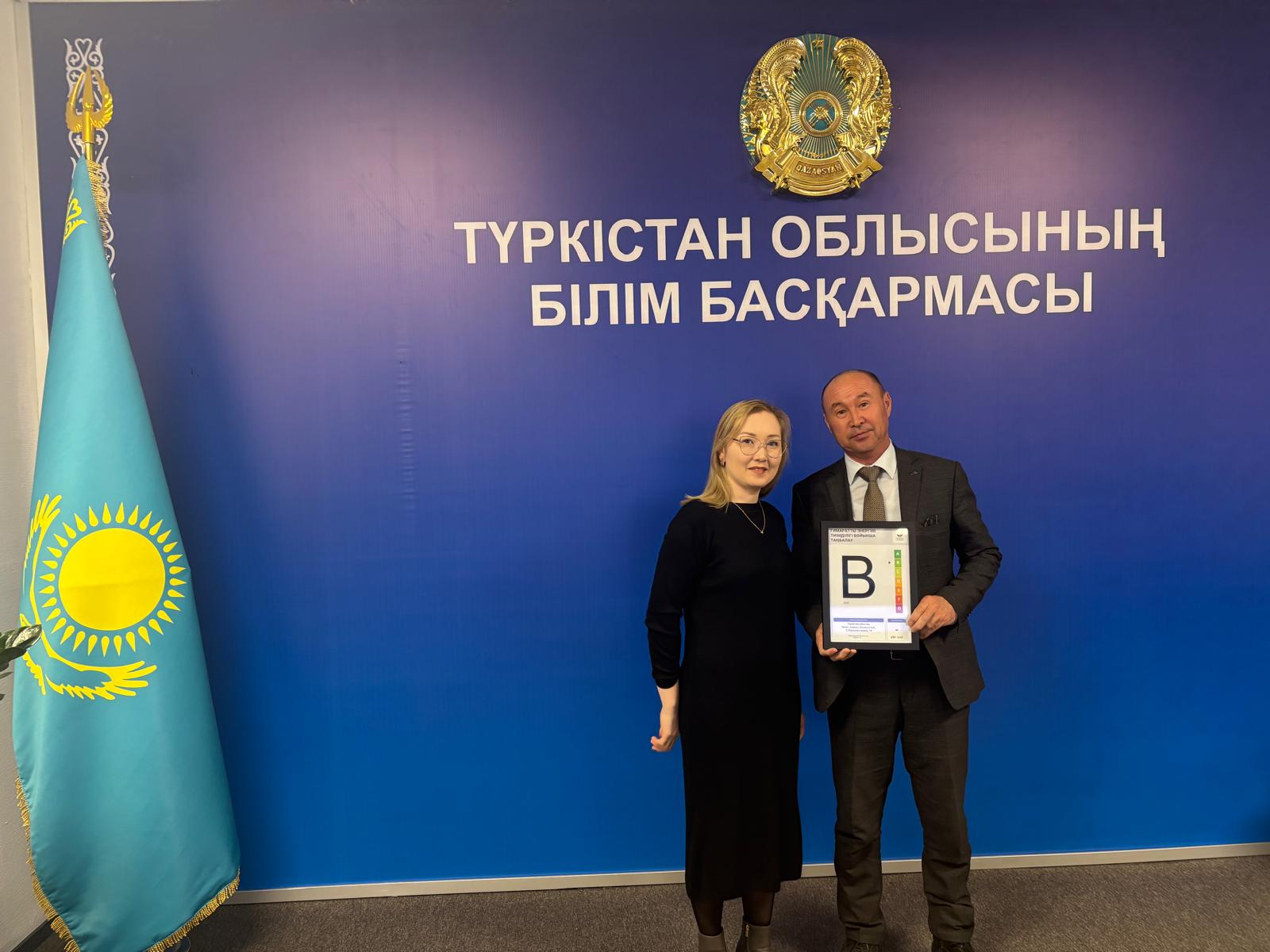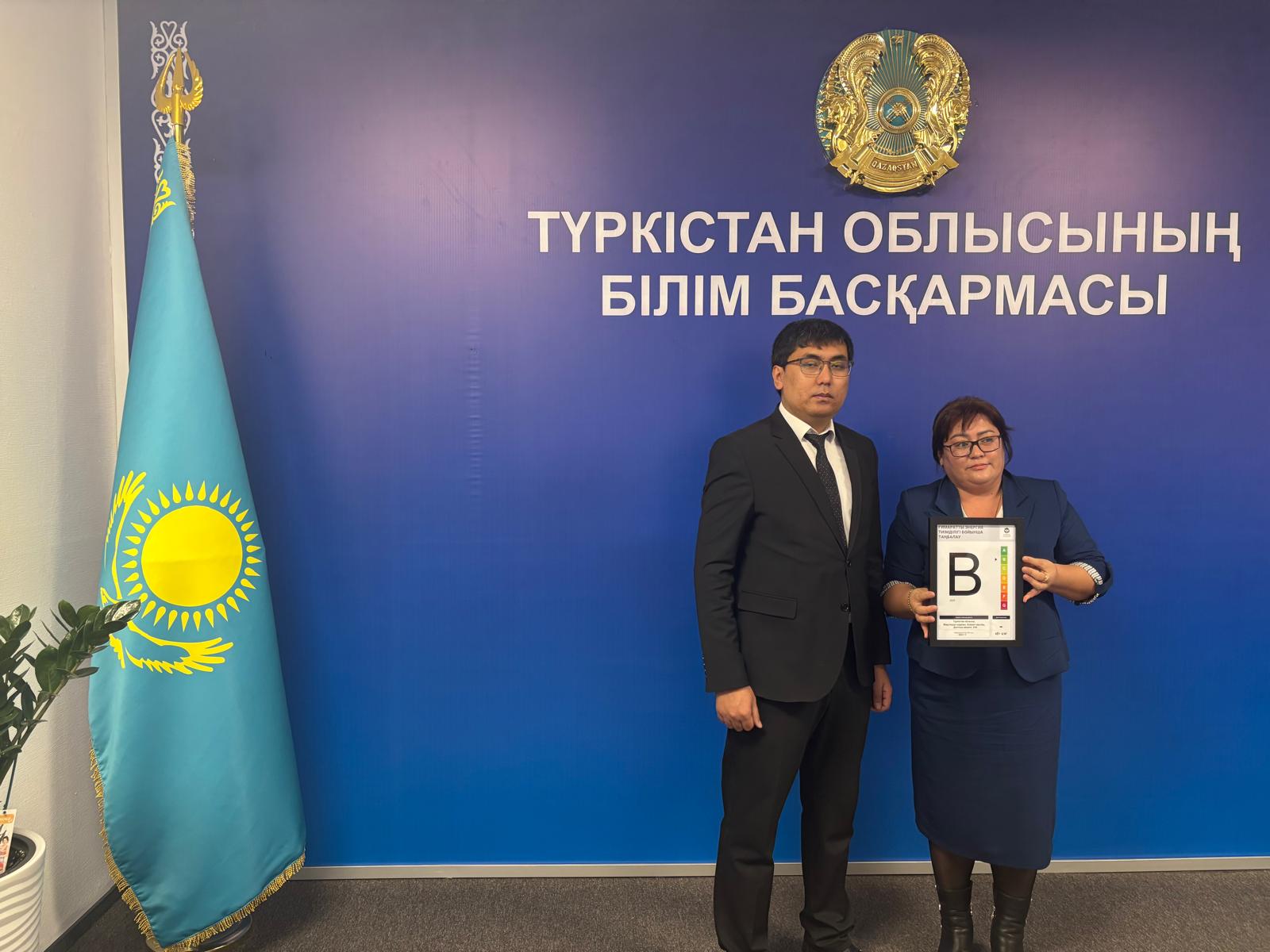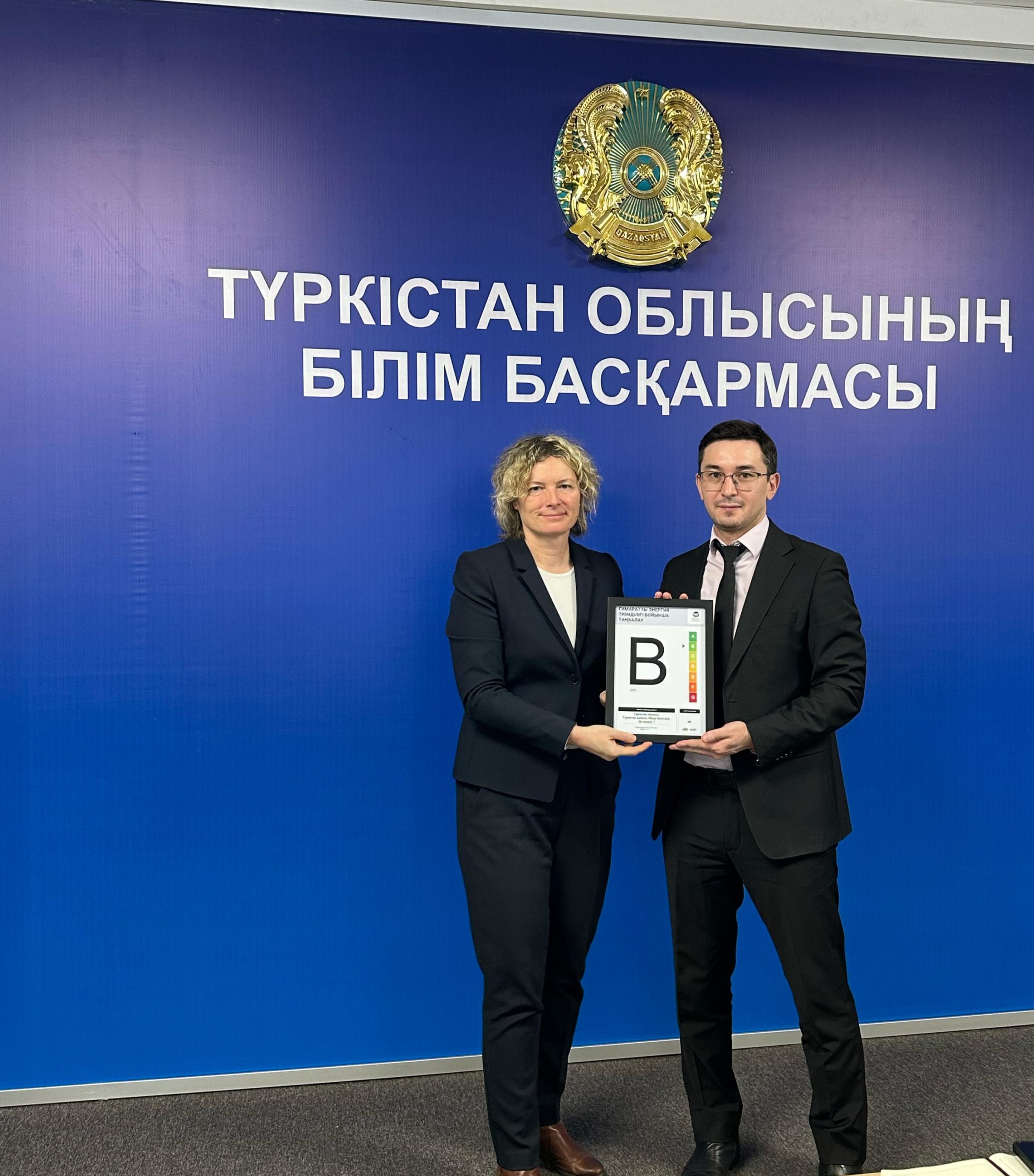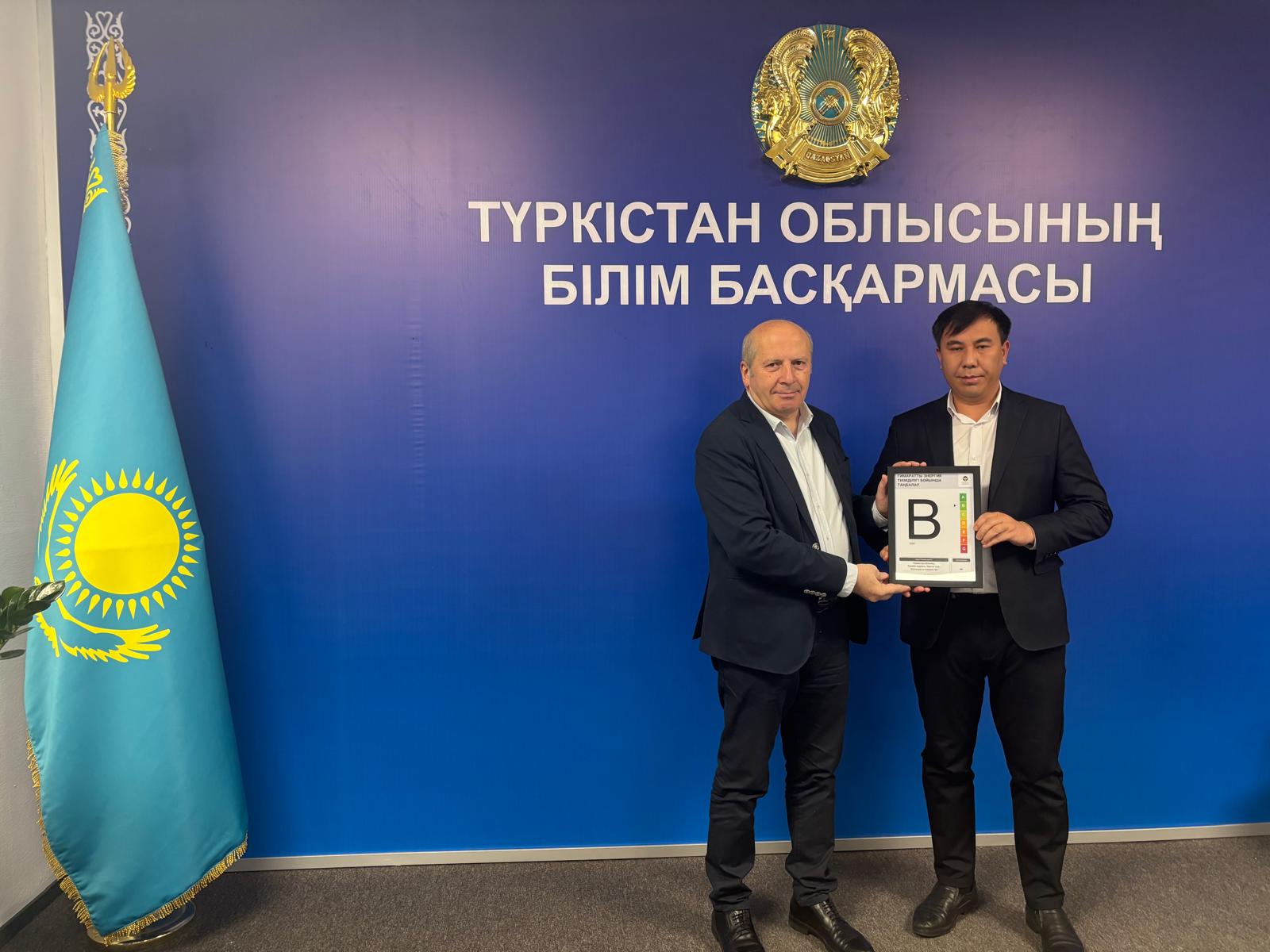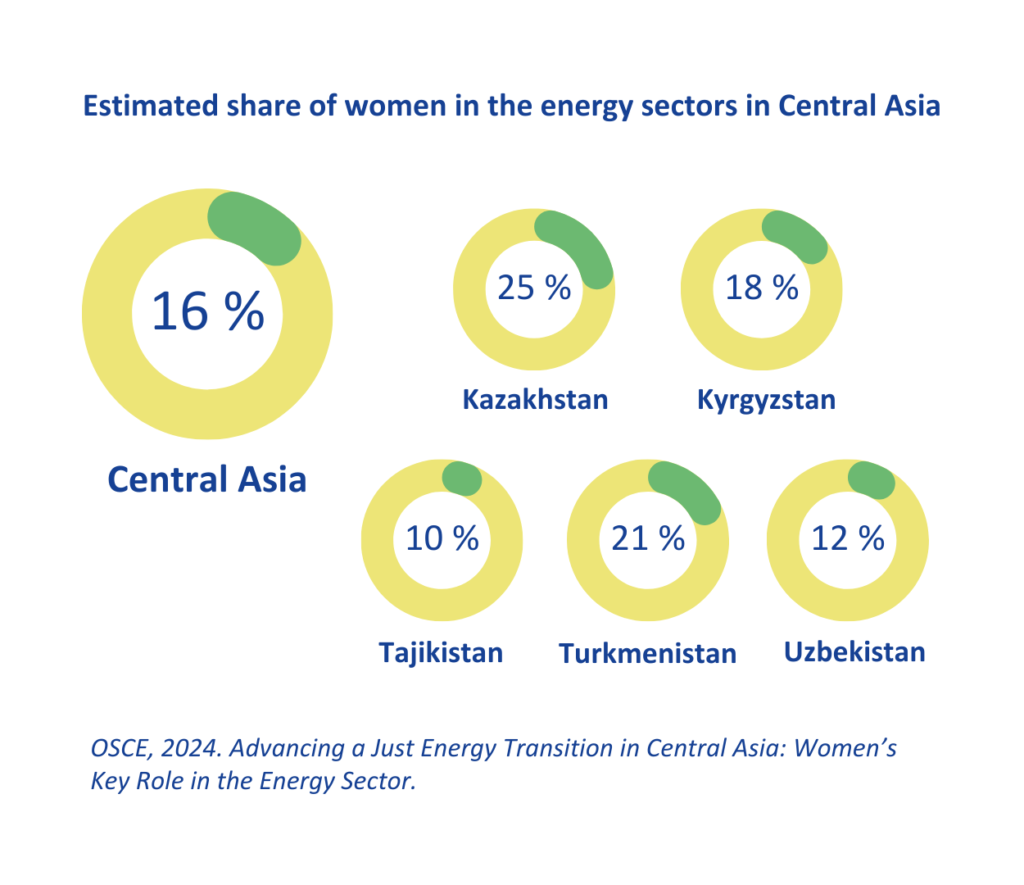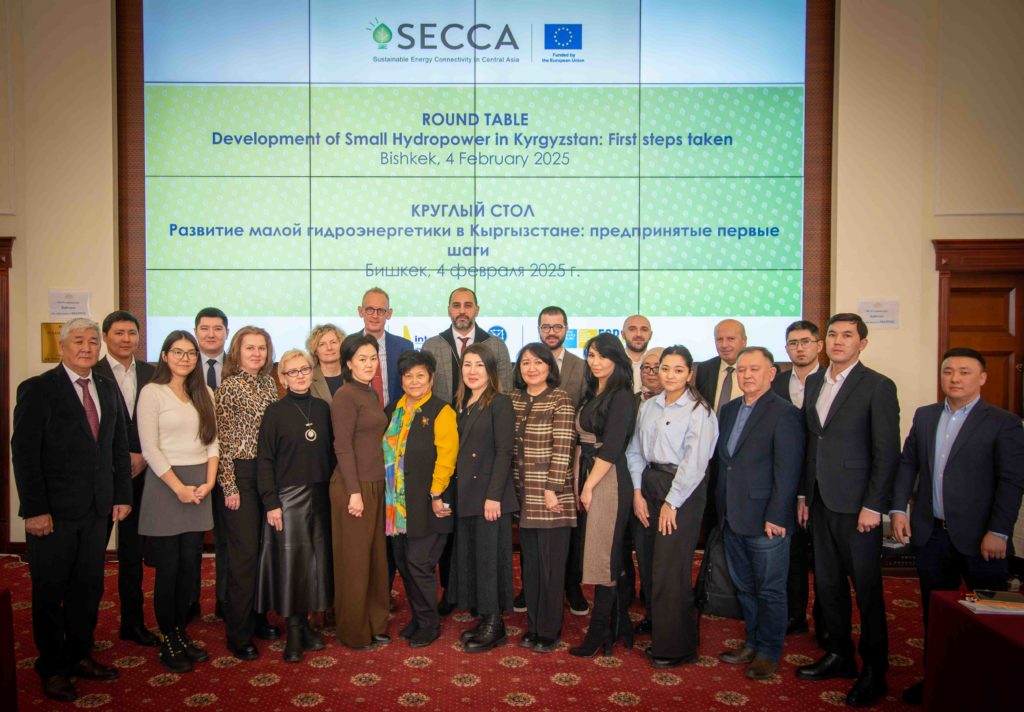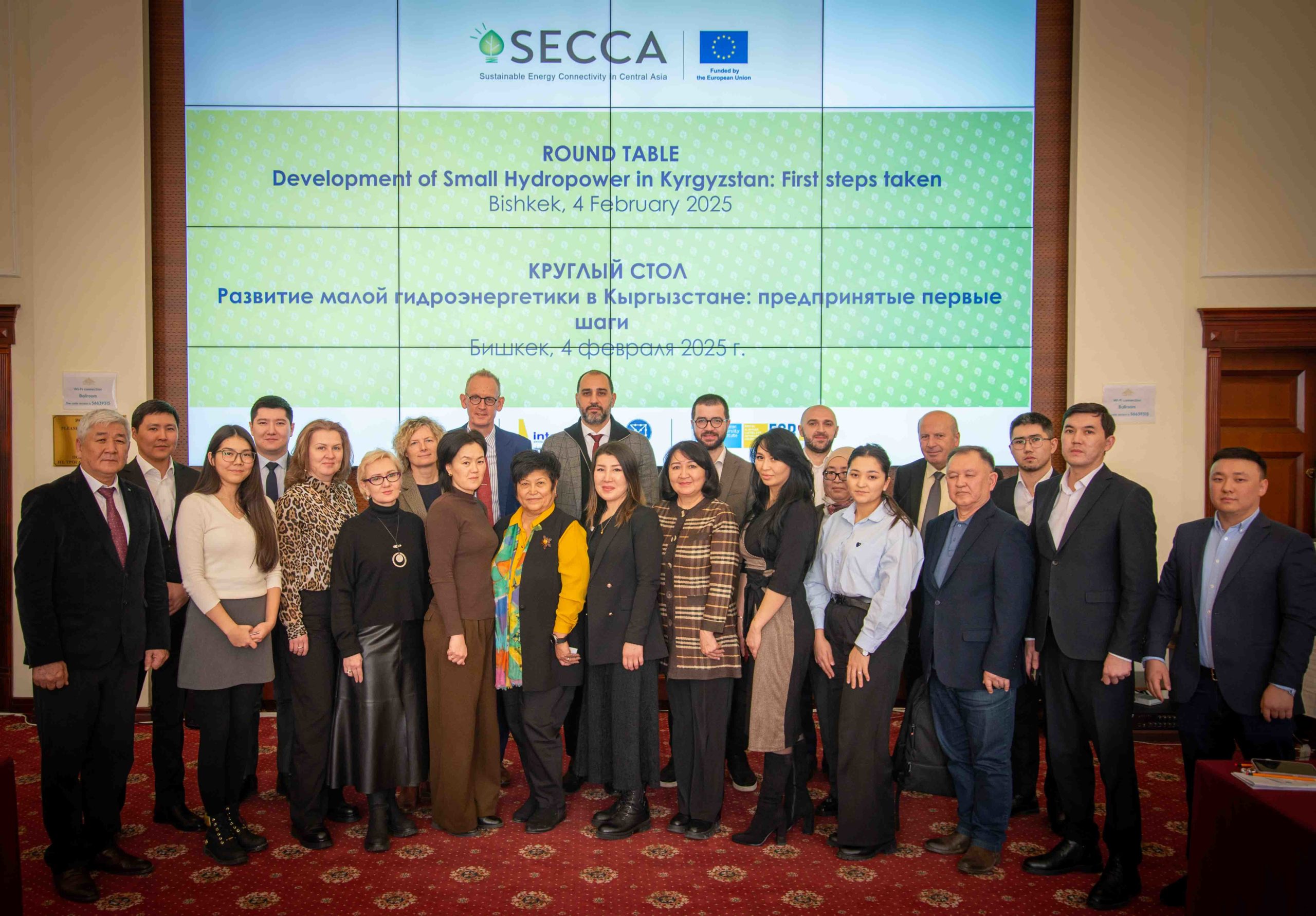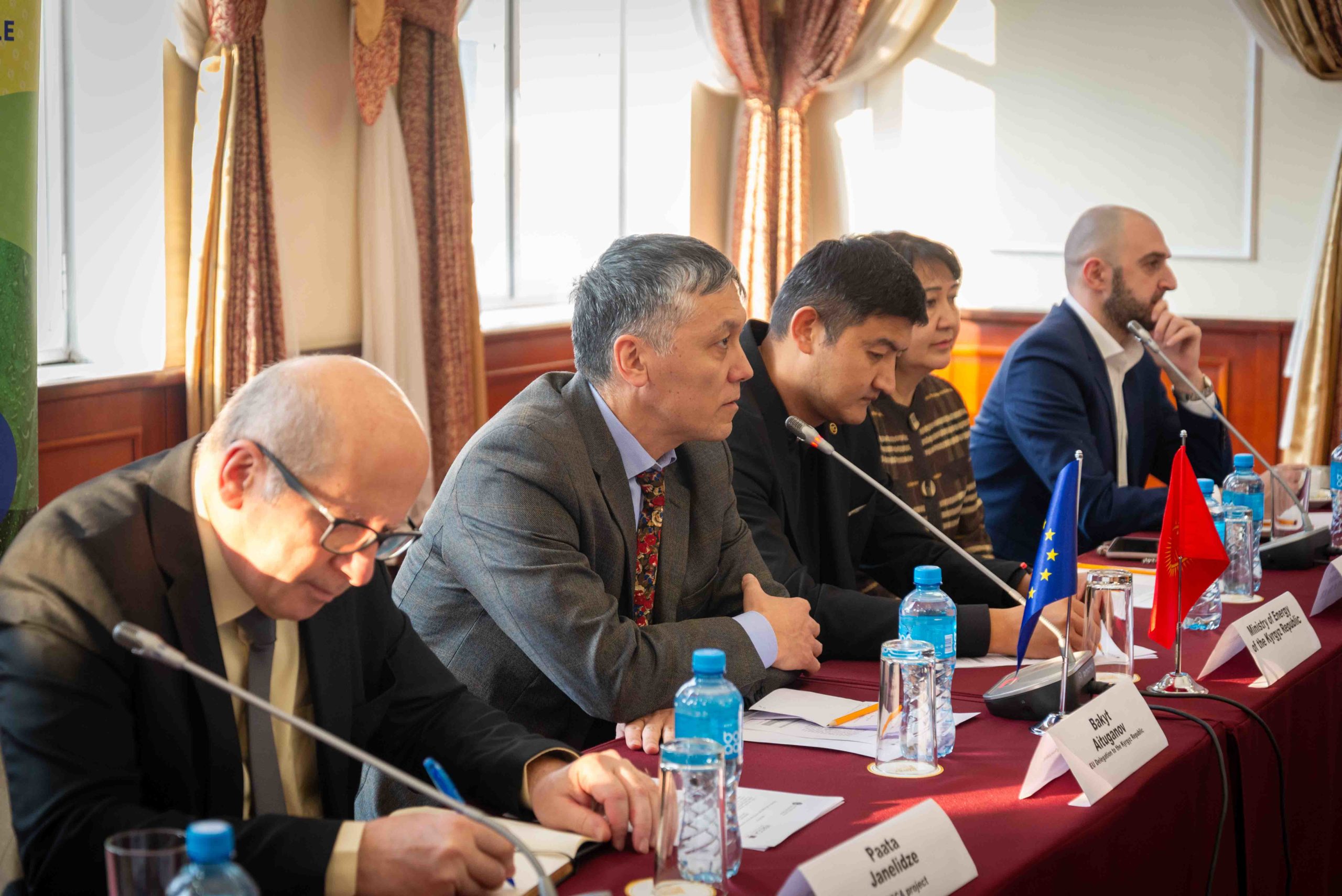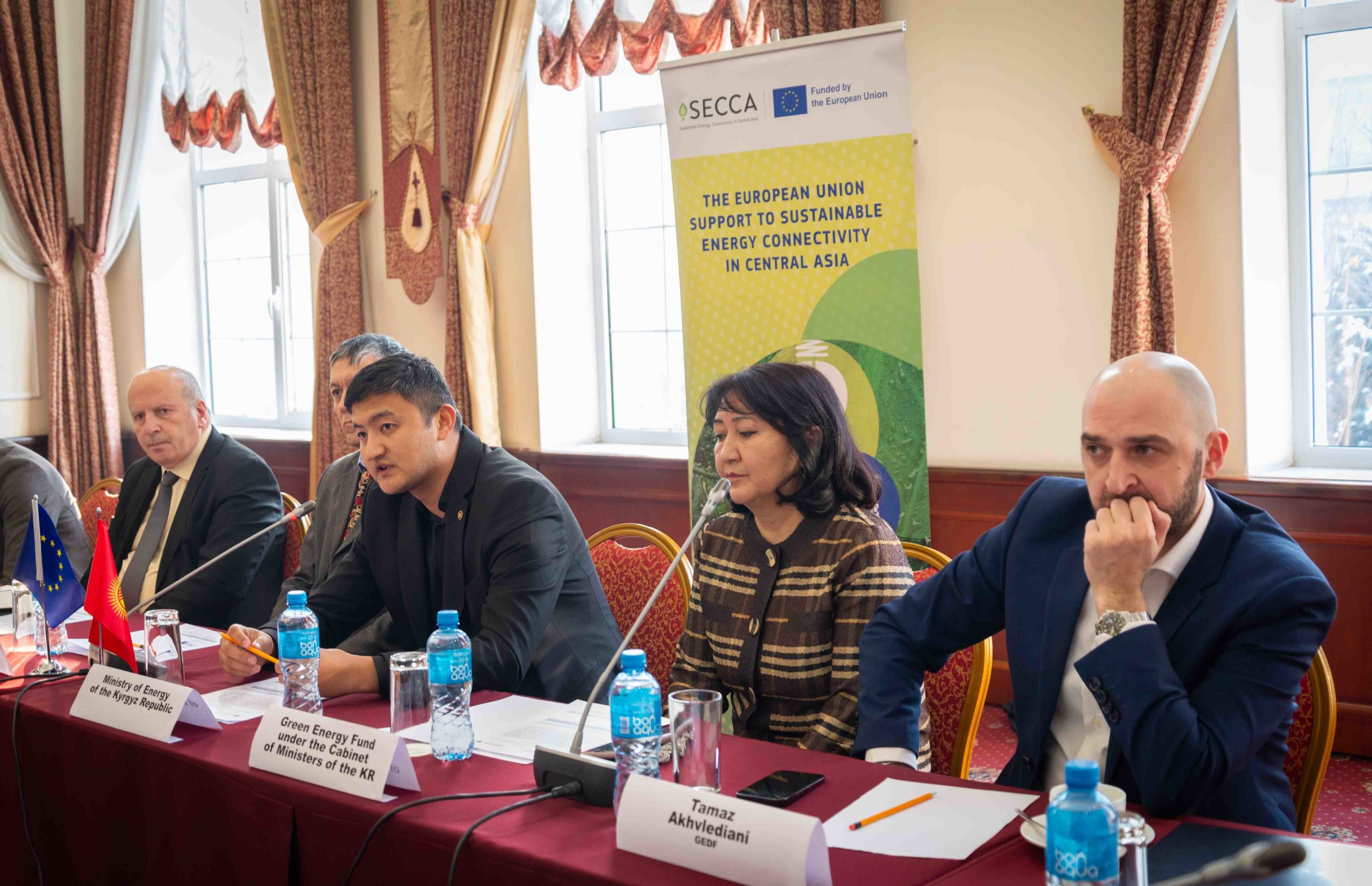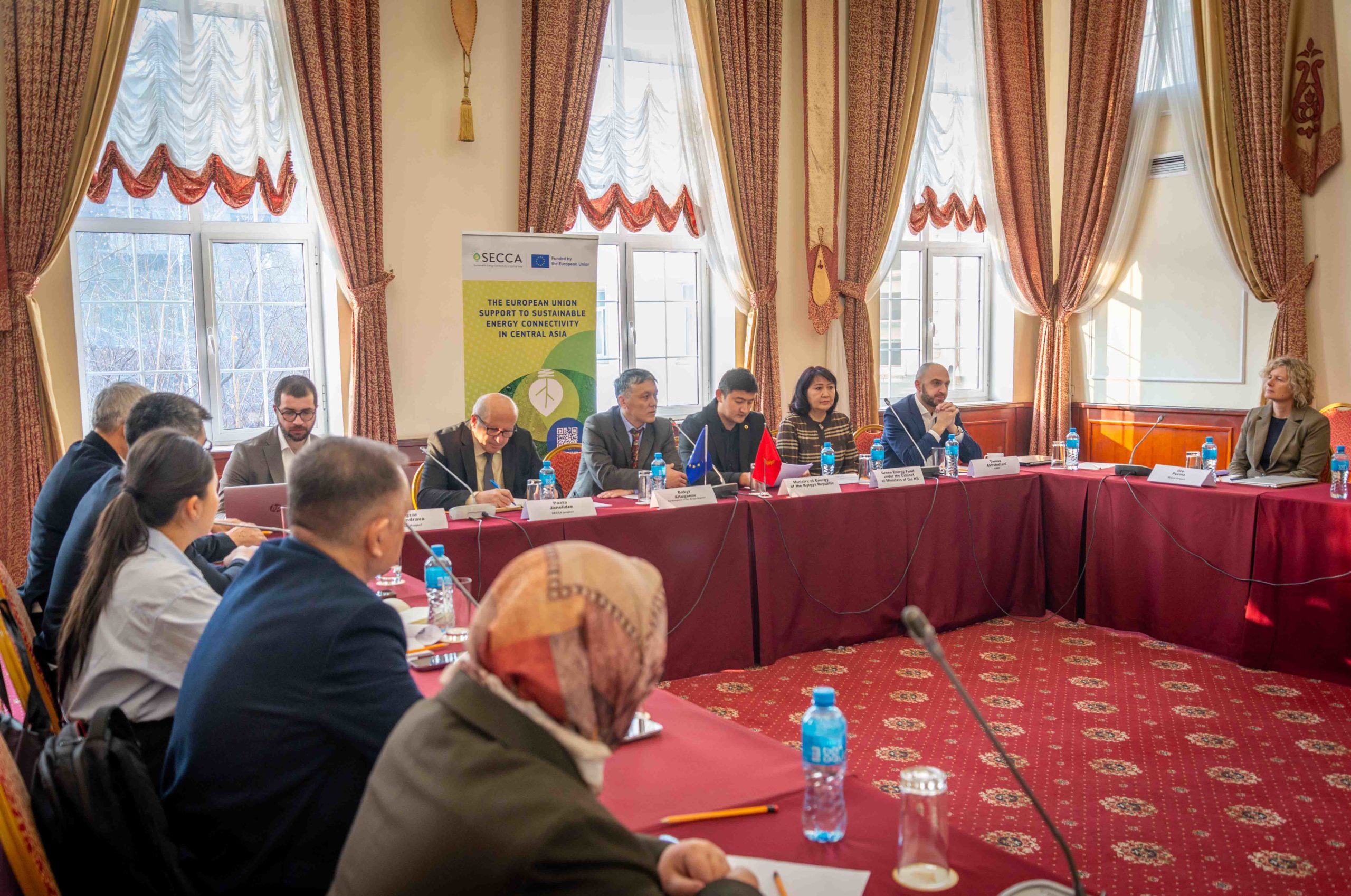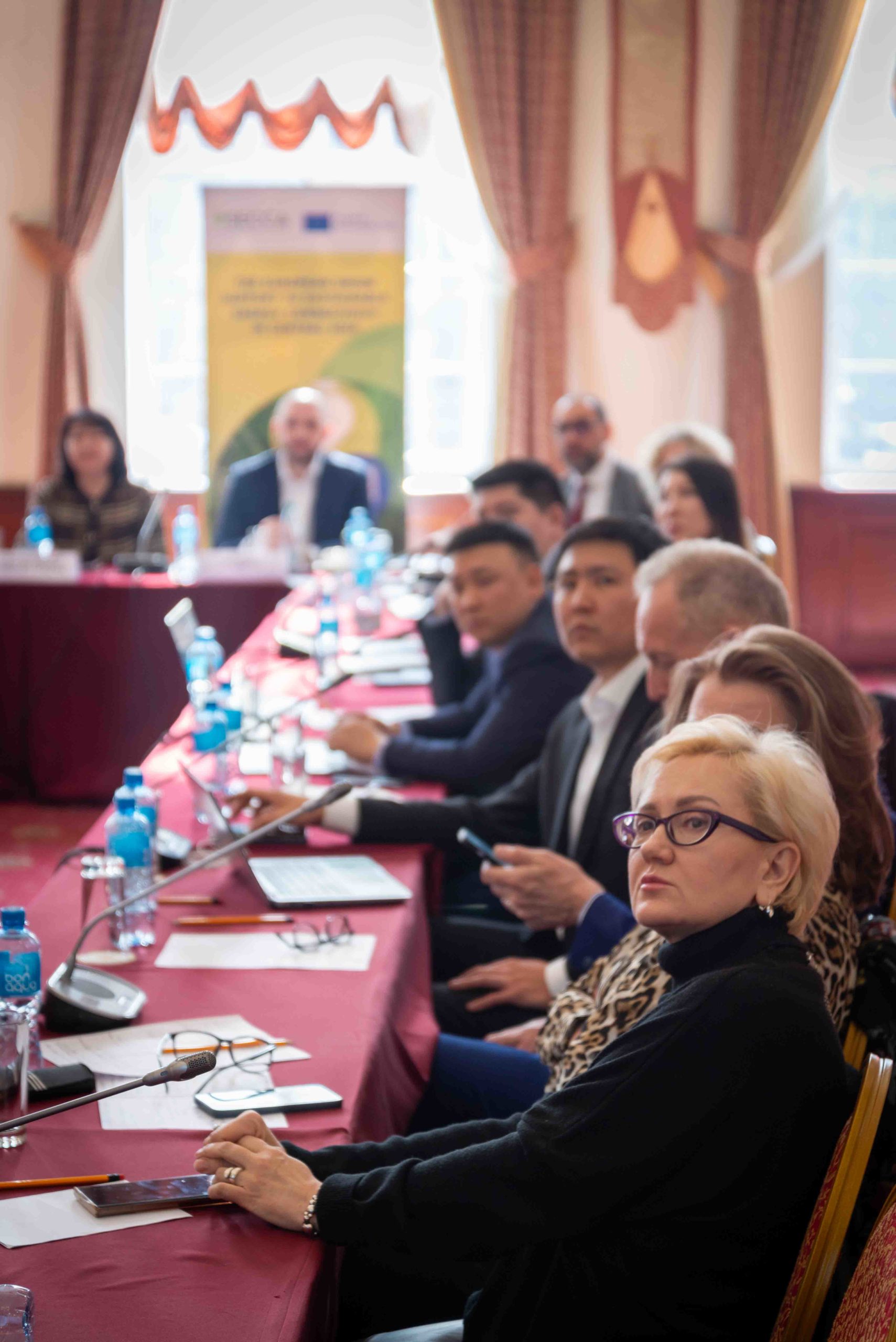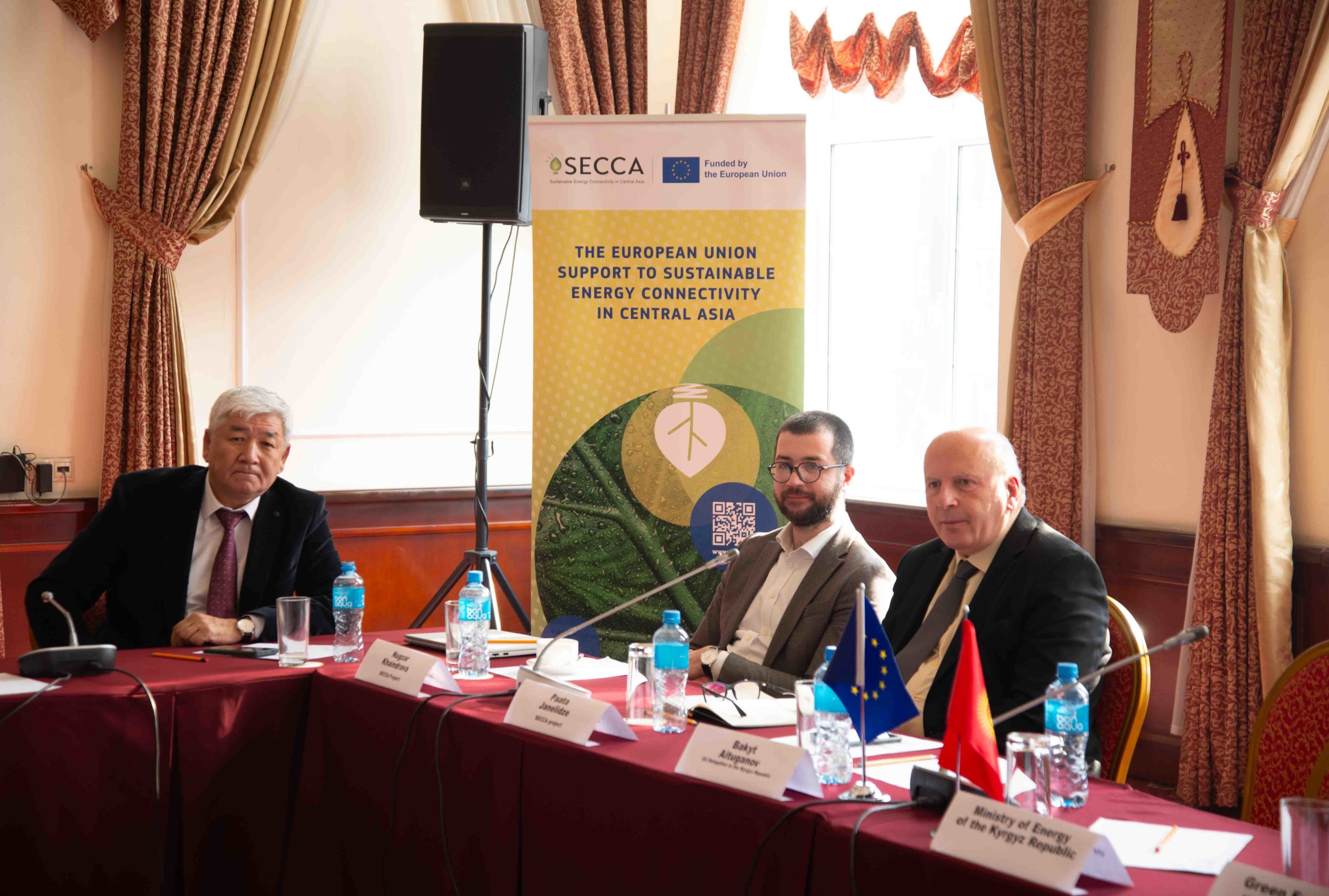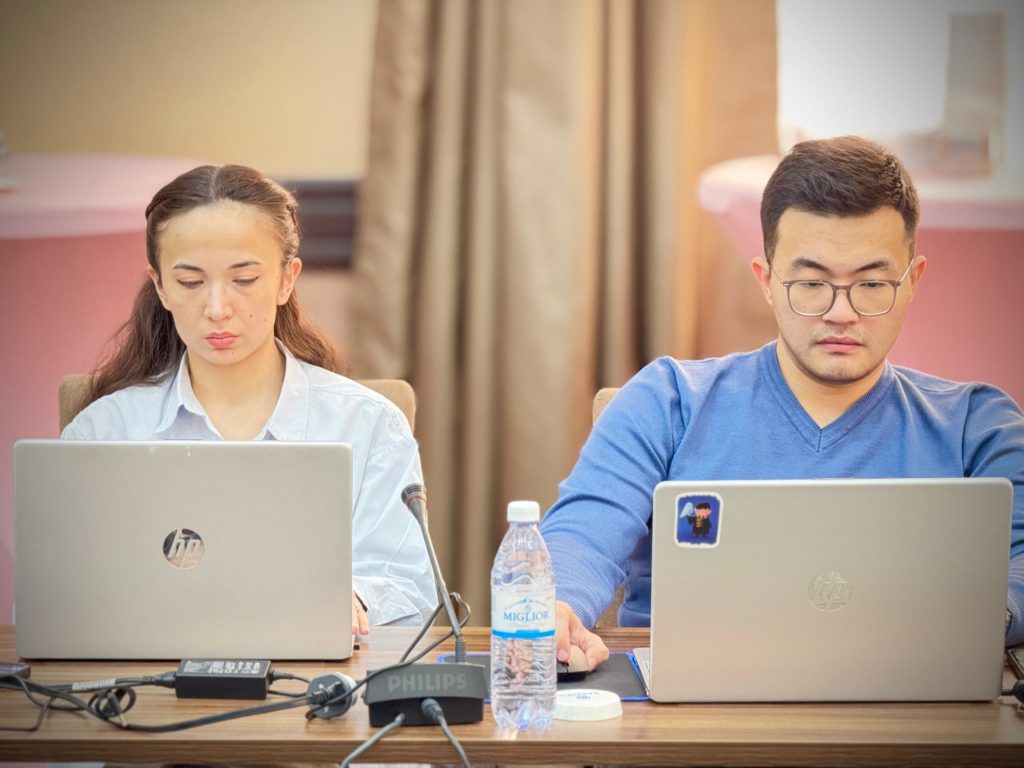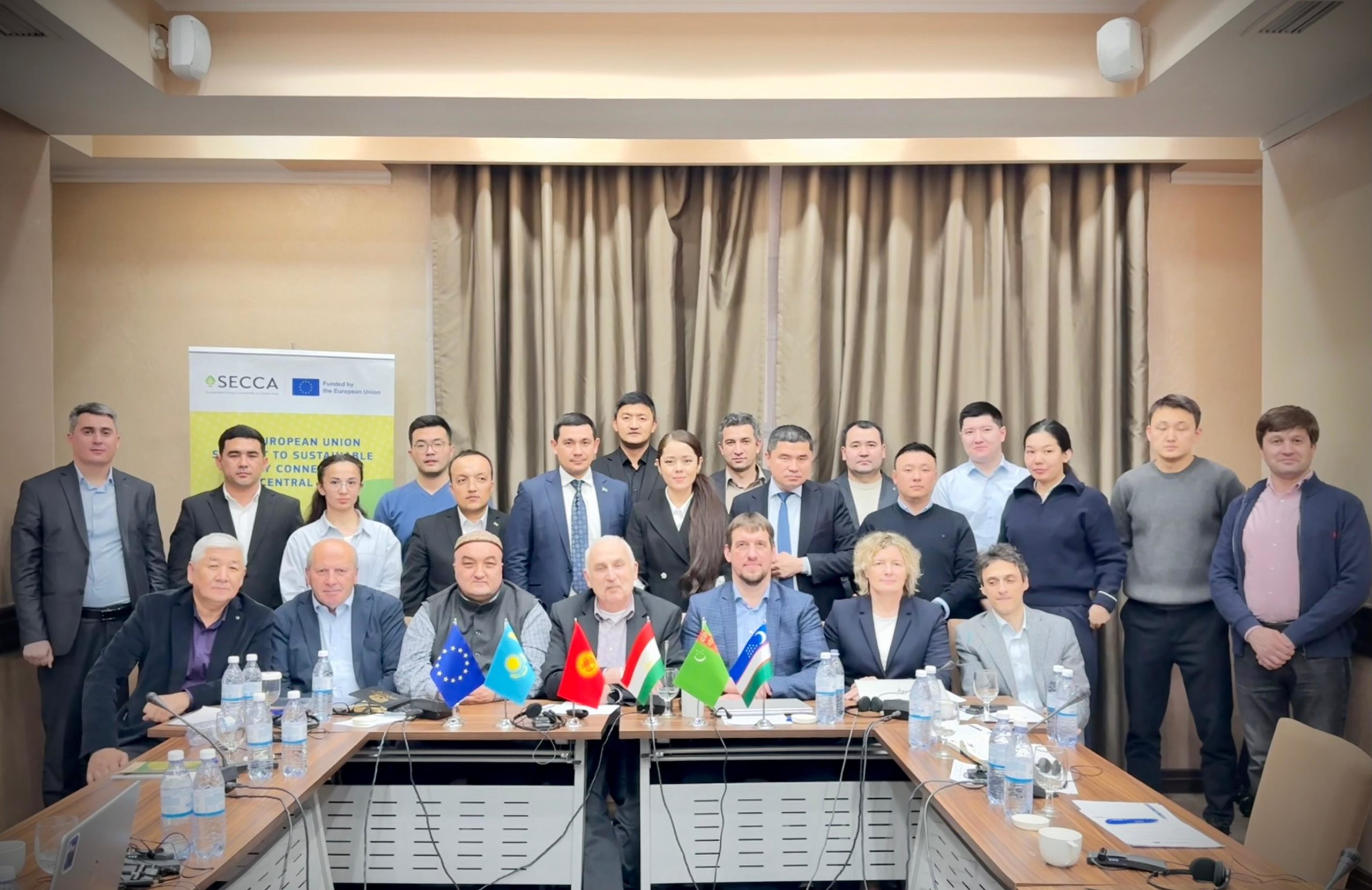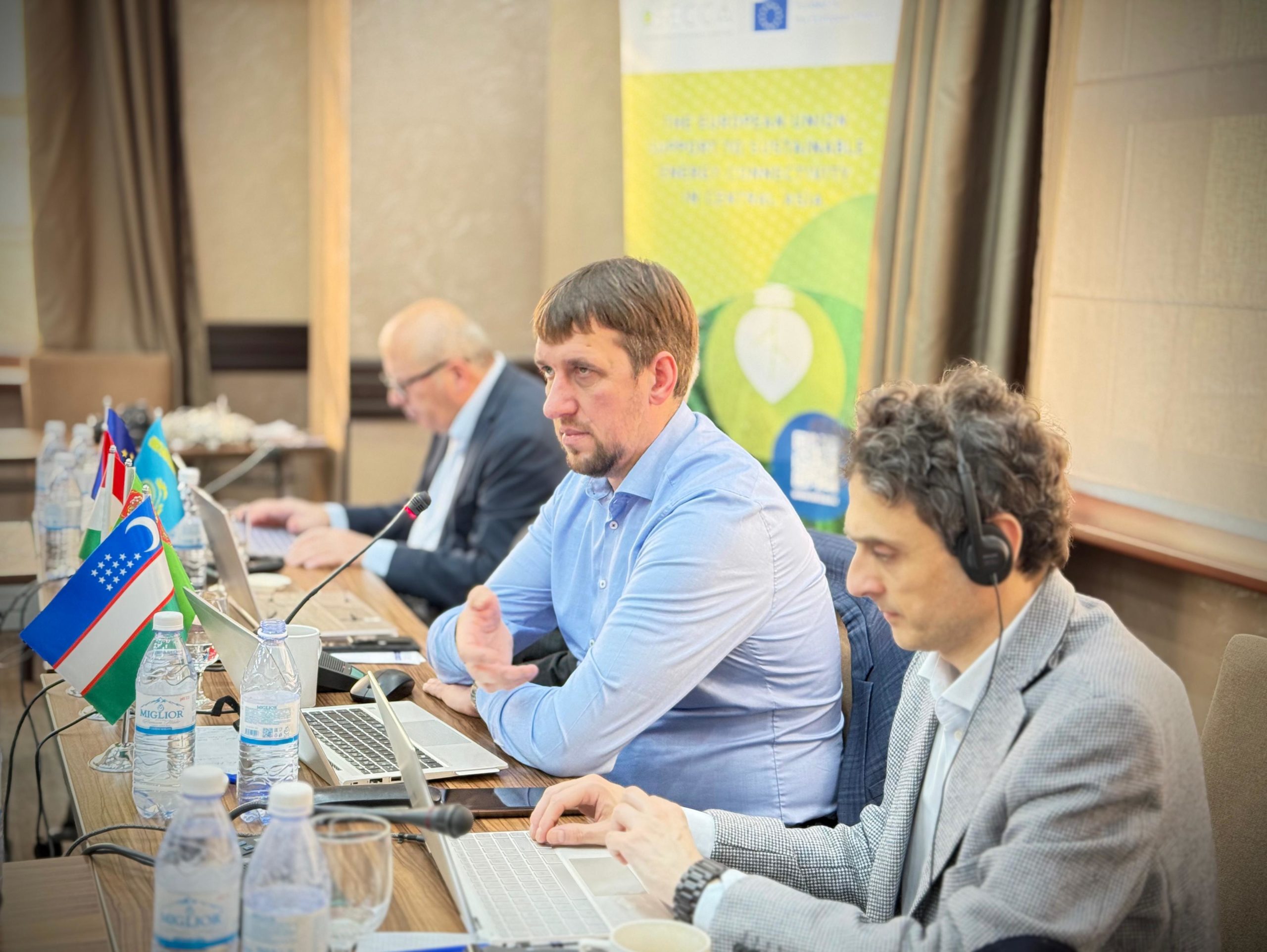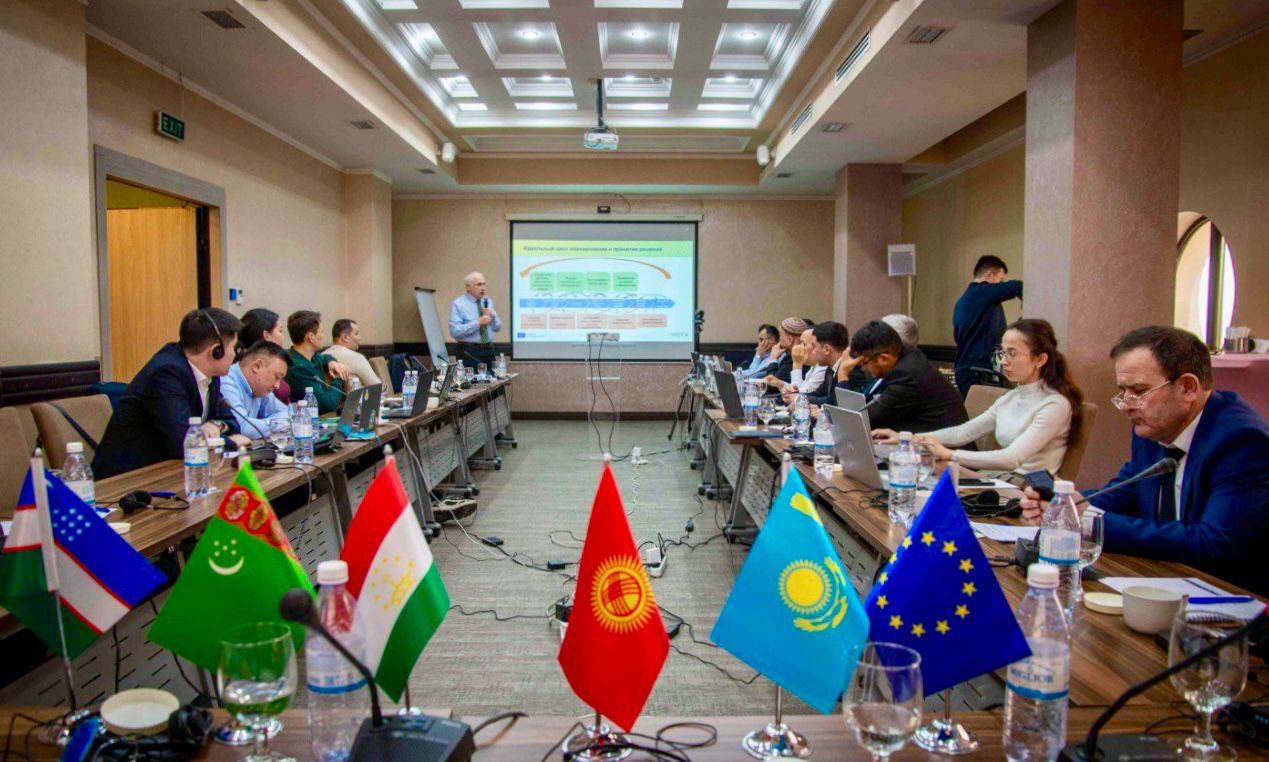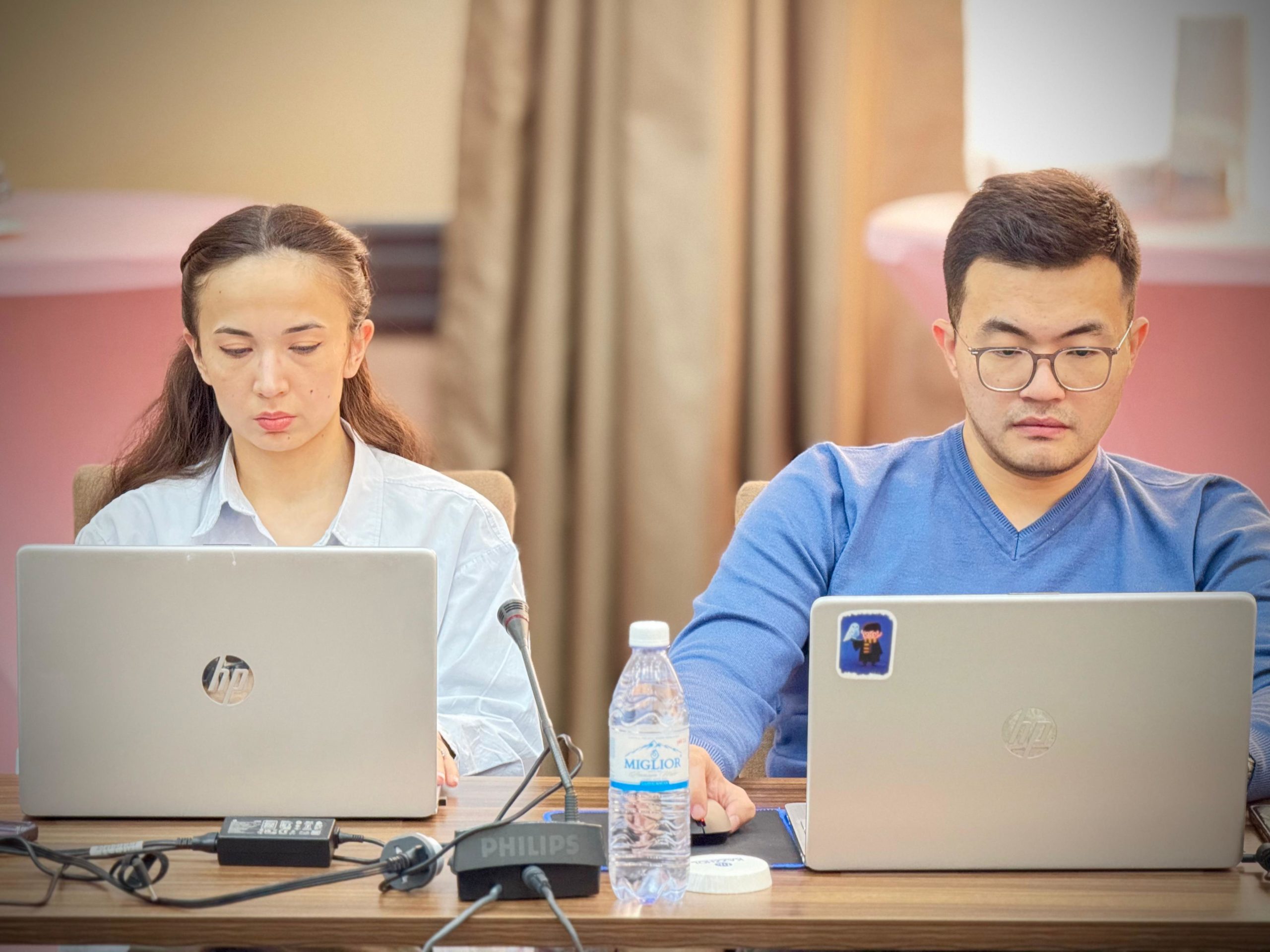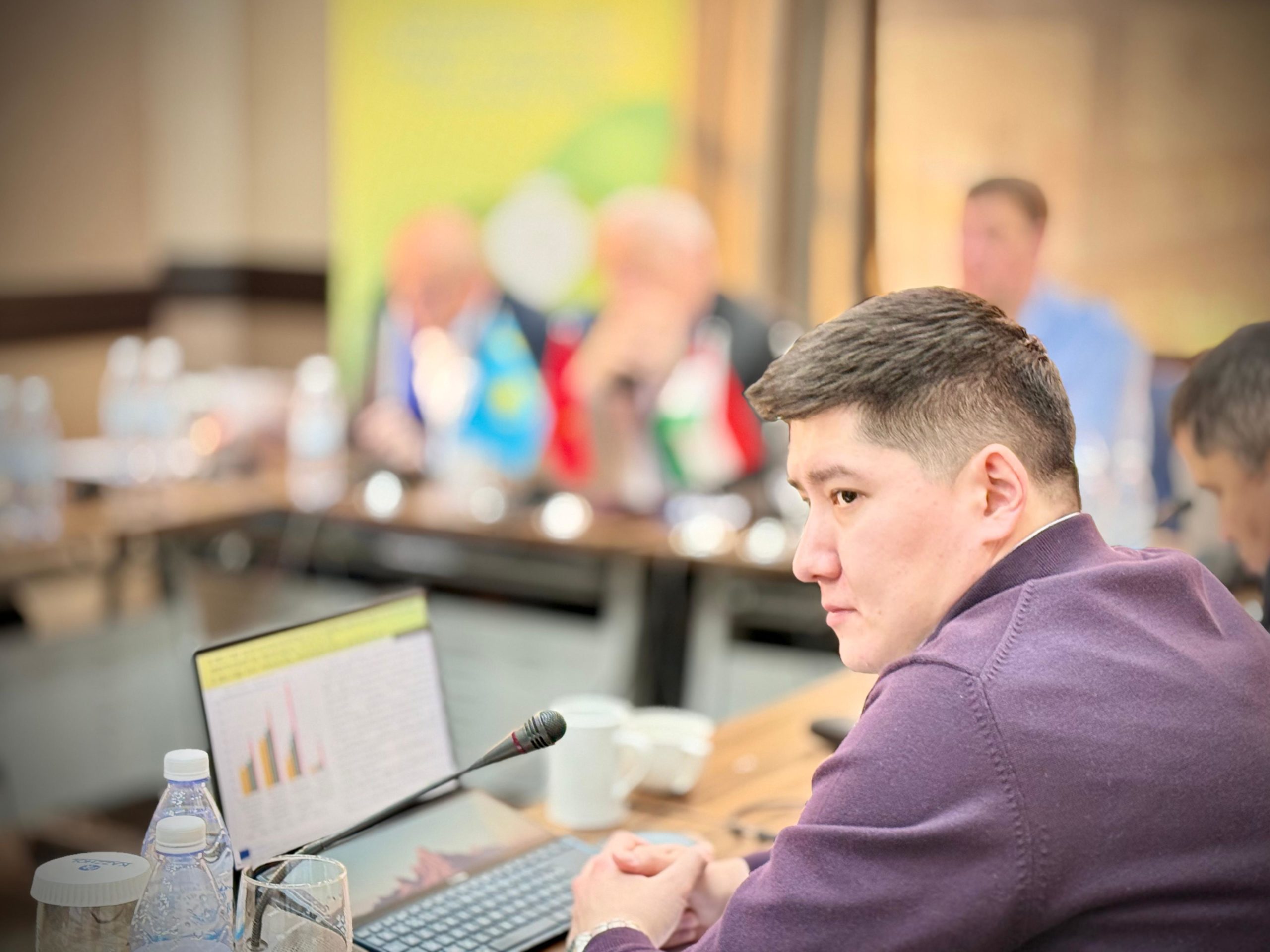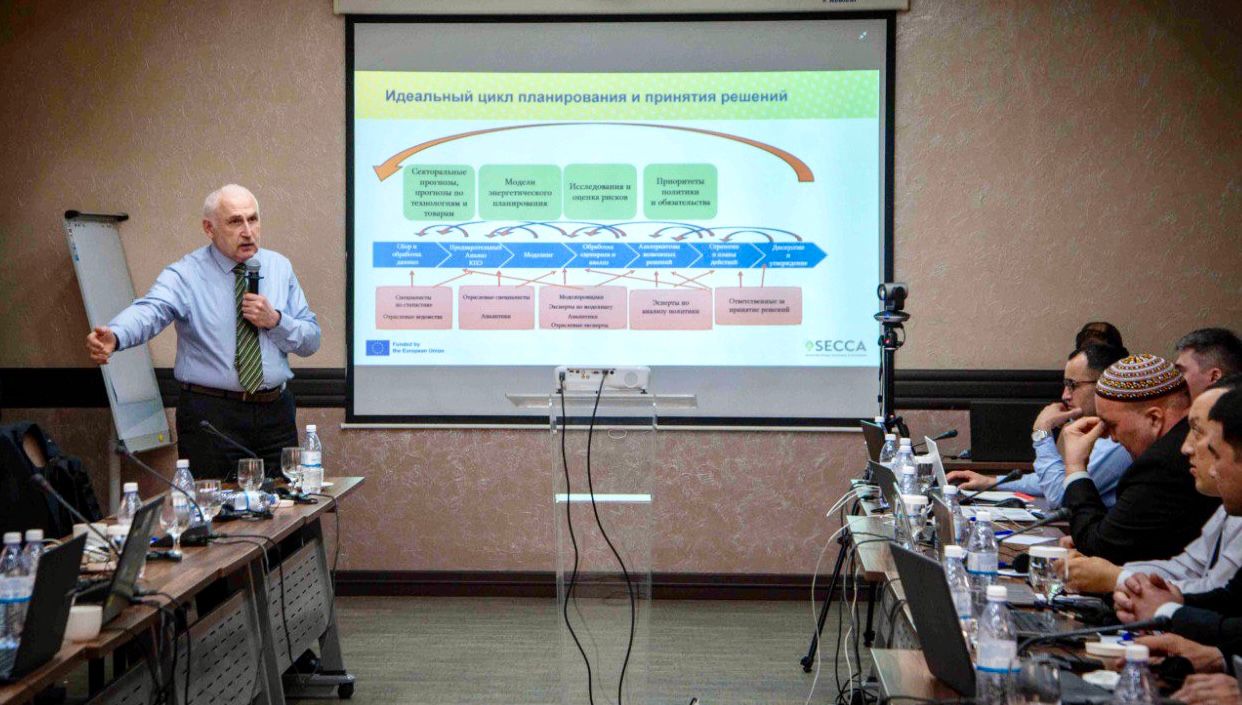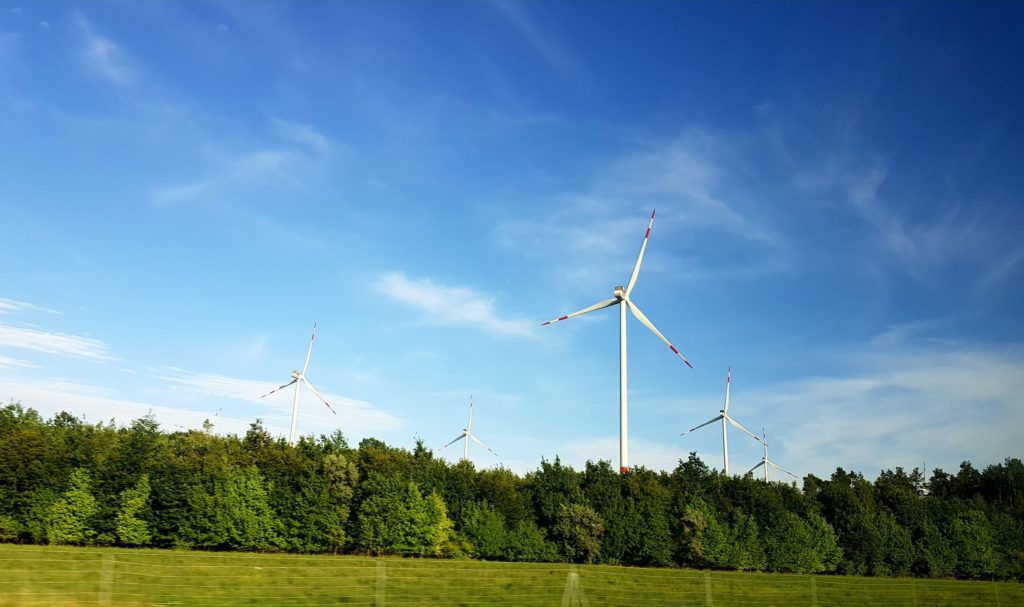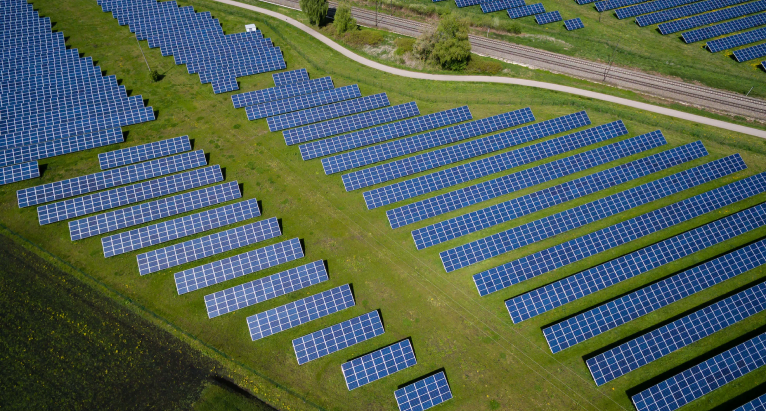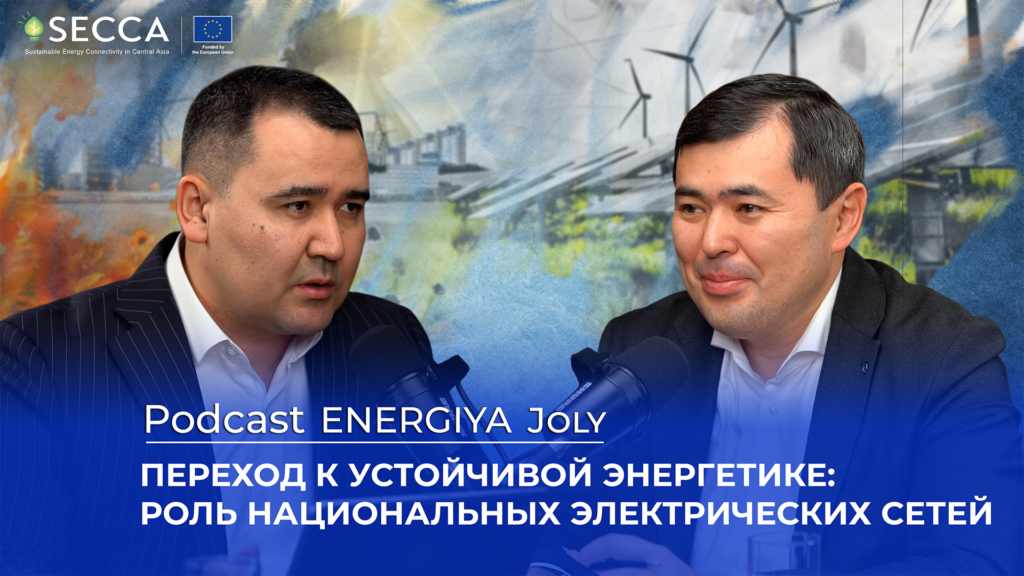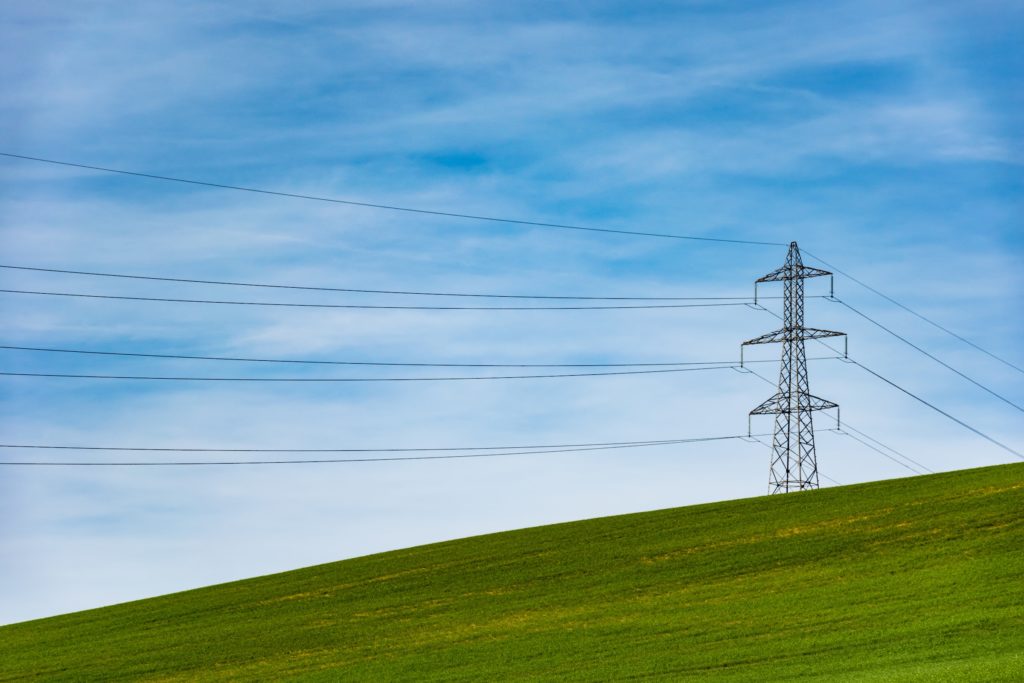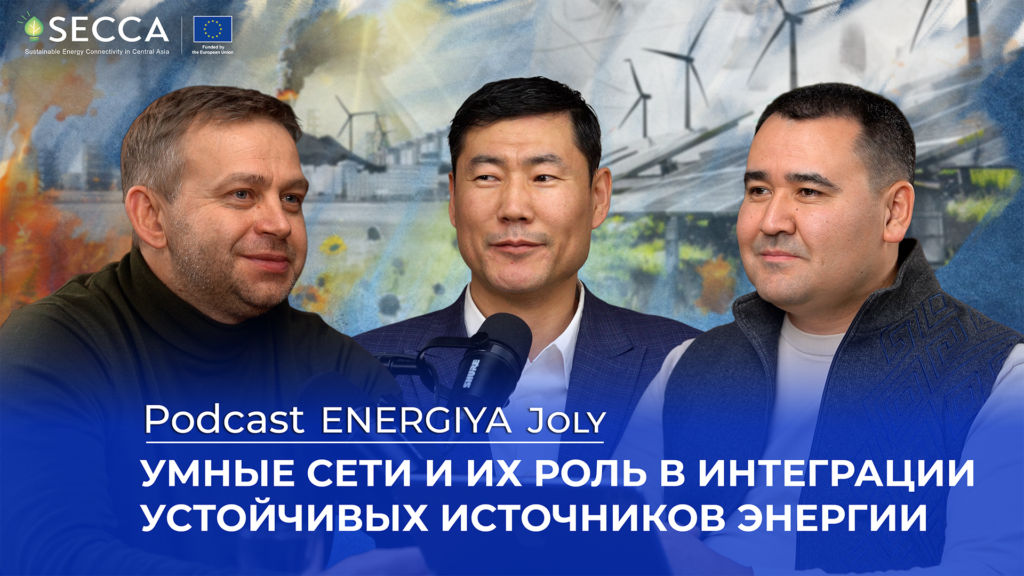On 11 February, the International Day of Women and Girls in Science, the SECCA team looks at the current status and trends about women’s engagement in science, technology, engineering and mathematics in Central Asia, and how this links to the energy sector and energy transition in the Region.
In 2024, the European Union funded SECCA project undertook a series of national gender assessments in Central Asia, with a dedicated section investigating gender issues in the energy sector. The studies were presented and discussed during a regional conference that took place in Almaty (Kazakhstan) in October 2024. One of the topics investigated in this research included the distribution of girls and boys in fields of education related to science, technology, engineering and mathematics (STEM) as being the fields most directly related to and applicable in the energy sector.
In this conversation, SECCA Communications Expert Ms Nurgul Smagulova-Dulic and SECCA Gender Specialist Ms Silvia Sartori discuss the nexus of STEM and gender in the energy sector, in the light of this recent research.
Nurgul: What were some of the main findings from the studies you coordinated?
Silvia: The broader regional picture is quite aligned to international trends. First of all, we were confronted with a lack of accurate and updated gender-disaggregated data about the participation of boys and girls in STEM education. While the extent of this gap varied from country to country, it confirmed that, both globally and regionally, gender-disaggregated data are still not systematically captured, including in the different dimensions of the energy sector.
Secondly, the data that we were able to find indicate that, also in Central Asia, STEM studies remain predominantly male-dominated, to a different extent depending on the country and the quantity and accuracy of data available. In Kazakhstan, women account for up to 32 percent of STEM graduates. Similarly, in Kyrgyzstan, they account for 31.3 percent. For Tajikistan and Turkmenistan, we could not find any recent data. The latest we could find about Tajikistan, namely about secondary vocational education from the 2013-2014 academic year, that technical fields in Tajikistan are essentially pursued by men only. In 2014, Turkmenistan launched a new training programme on “Non-traditional and renewable energy sources”: one quarter of its graduates are women. Uzbekistan is particularly promising: according to the Statistics Agency, the percentage of women graduating from STEM programs in higher education is steadily increasing, growing from 32.6 percent in 2017 to 40.2 percent in 2021.
Nurgul: What are the reasons for this imbalance?
Silvia: In general, there is still little awareness about the importance of STEM, and the empowerment and employment potential that these sectors can offer. This is particularly the case when referring to the opportunities that STEM can provide to girls. The general perception is that these fields of study, and related career prospects, are not suitable for women. So, girls are discouraged from pursuing them from an early age.
In fact, we found not only that girls are under-represented in STEM. They are also over-represented in fields such as healthcare and education, which are associated with the roles traditionally allocated to women. In other words, the gender segregation in education mirrors and is a result of socially ingrained cultural norms around gender roles and aspiration: women are still predominantly perceived as key care-takers at the household level, whereas men are expected to be the household’s breadwinner.
As a result, many girls lack confidence in their abilities in STEM. This keeps them further away from the prospect of embracing an education, and then a career, in these sectors. It is a vicious cycle that perpetuates existing gender inequalities and risks to create new ones, as the labour market evolves in conjunction with the energy transition.
Nurgul: How does this impact on the employment patterns in the energy sector?
Silvia: We can say that education is the first window where gender imbalances in the energy sector become visible, and the gender gaps that start there go on to generate a cascade of other imbalances.
First of all, the share of women working in the energy sector in Central Asia is substantially lower than that of men: women account on average for 16 percent of the workforce in the energy field. In fact, the energy sector displays one of the highest gender imbalances in the workforce among all industries.
